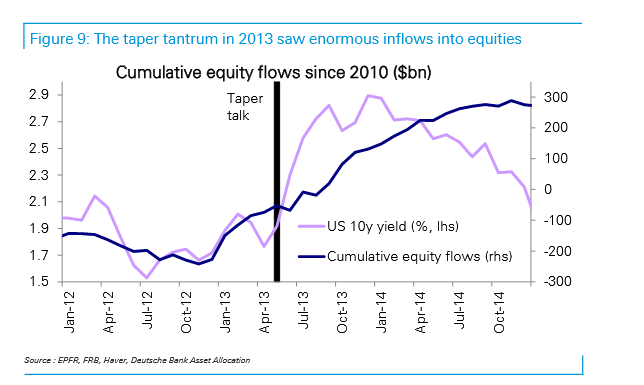
Will repeat what I said after reading LMND S-1, nothing makes me feel more like a boomer than these new age insurance cos and trying to figure out what the excitement is. They’re tiny, money losing, competing in commodity categories with historically shitty returns on capital.
I want to believe that better UX and CX can be a differentiator in a commodity product, but if it doesn’t allow you pricing power (which eg Chubb gets), you’re going to grow fast and consume capital to do so, in a low return business.
This is not about valuation. This is about trying to understand the microeconomic case for these businesses at scale sustainably earning excess returns on invested capital in an industry where almost no one does that.
15 years ago I attended Lehman Brothers Insurance University. I'm old. This was a stat:
"average ROE last 20 years for top 35 P&C insurers is 6-7% vs average cost of capital of 12-13%. delta of top and bottom quartile is 25 ROE points. 95% of variance is underwriting skills"
"average ROE last 20 years for top 35 P&C insurers is 6-7% vs average cost of capital of 12-13%. delta of top and bottom quartile is 25 ROE points. 95% of variance is underwriting skills"
But more interesting was persistence. Basically 4 names maintained top decile performance throughout. Almost all the bottom quartile names went out of business. And it was incredibly difficult to jump from bad to good.
Here's an updated McKinsey post (McKinsey did the original studies referenced above)
"odds of companies in the bottom quintile from 2003 to 2007 moving to the top quintile over ten years were 17 percent, and the odds of companies in the middle moving to the top were 10 percent"
"odds of companies in the bottom quintile from 2003 to 2007 moving to the top quintile over ten years were 17 percent, and the odds of companies in the middle moving to the top were 10 percent"

It's very important to keep an open mind the longer one does this. I know the current insurance experience sucks for consumers (Chubb is pretty good, but still). So I'm open to a real opportunity here. But underlying economics of the industry are brutal and must be overcome.
• • •
Missing some Tweet in this thread? You can try to
force a refresh















